
Data is only valuable if it’s analyzed correctly. But that’s easier said than done.

When disaster strikes, healthcare executives must be ready to take care of those in need of emergency medical services.

Web-based application has the potential to revolutionize survey research and ultimately improve the health and well-being of many diverse populations.

HACs continue to burden the healthcare system.

Simple design considerations at St. Jude Children's Research Hospital make a positive impact on loved ones.

CareAllies, Arcadia partner to educate healthcare leaders on how health plans can provide actionable insights at the point of care.

How to cope with a rapidly-changing industry.

Findings suggest that racemic substitution for single-enantiomer drugs offers an opportunity for savings.

Fentanyl citrate and ephedrine sulfate are among the medications affected.

The move could be copied by other large employers.

Because the disease in males is rare, they have historically been excluded from clinical trials of breast cancer drugs.

FDA is evaluating risks to patients.
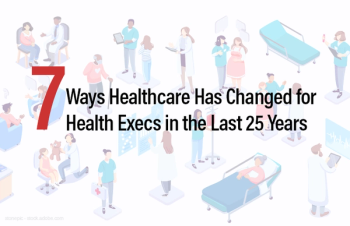
The technologies and consumer demands that have shaped the past-and will continue to shape the future.

An interview with the founder and president of ICER.
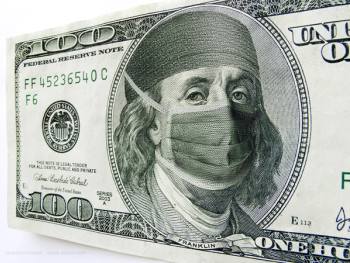
They must begin issuing payment by September 30.

A new survey suggests that more states-and payer organizations-are expanding telehealth coverage.

From breast cancer to prostate cancer, the state of oncology care and how it will evolve.

An interview with vice president of pharmaceutical trade relations for Accredo Rob Osborne.

Will a new final rule expanding the use of health reimbursement arrangements shake up the markets as much as some fear?

They would change this behavior if they had faster access to in-network, lower-cost ambulatory care, a new study says.
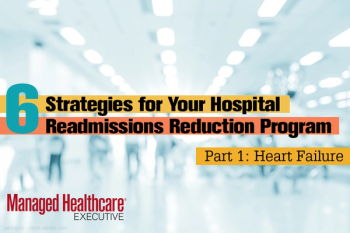
The ultimate guidebook on everything you need to know about reducing hospital readmissions-the most common risk factors, the reimbursement issues, and how real-world hospitals are solving the problem.

Study finds disparity in clinical research funding for Asian Americans, Native Hawaiians, and Pacific Islanders.

Drug shortages might be decreasing, but their continued existence is urging the pharmacy industry to maintain its vigilance.

Outbreak of severe pulmonary disease linked to e-cigarette use.

Why the move could signal a big shift for healthcare.

The policies and approaches healthcare leaders should promote.
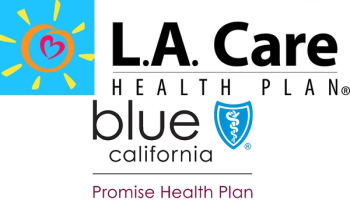
L.A. Care Health Plan and Blue Shield of California Promise Health Plan will jointly operate 14 community resource centers across Los Angeles County.

Targeted therapy gives new hope to patients with an aggressive form of lung cancer.

Health groups urge Trump to appoint Acting FDA Commissioner Ned Sharpless.
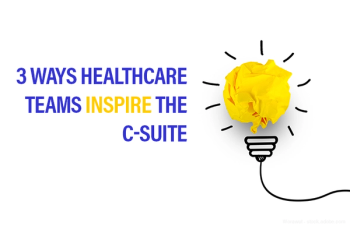
Leadership doesn’t always have to come from the top-sometimes your team members can help motivate you.